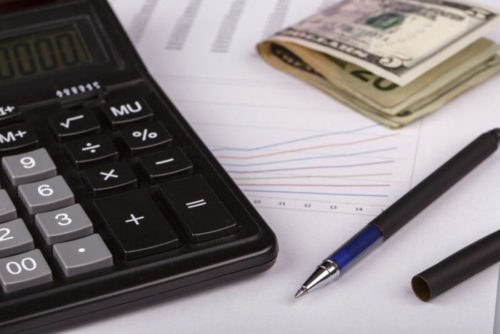Use our personal loan calculator below to determine how much you’ll have to pay for your loan.
Keep Learning
[rt_reading_time postfix="min read"]
[rt_reading_time postfix="min read"]

Use our personal loan calculator below to determine how much you’ll have to pay for your loan.